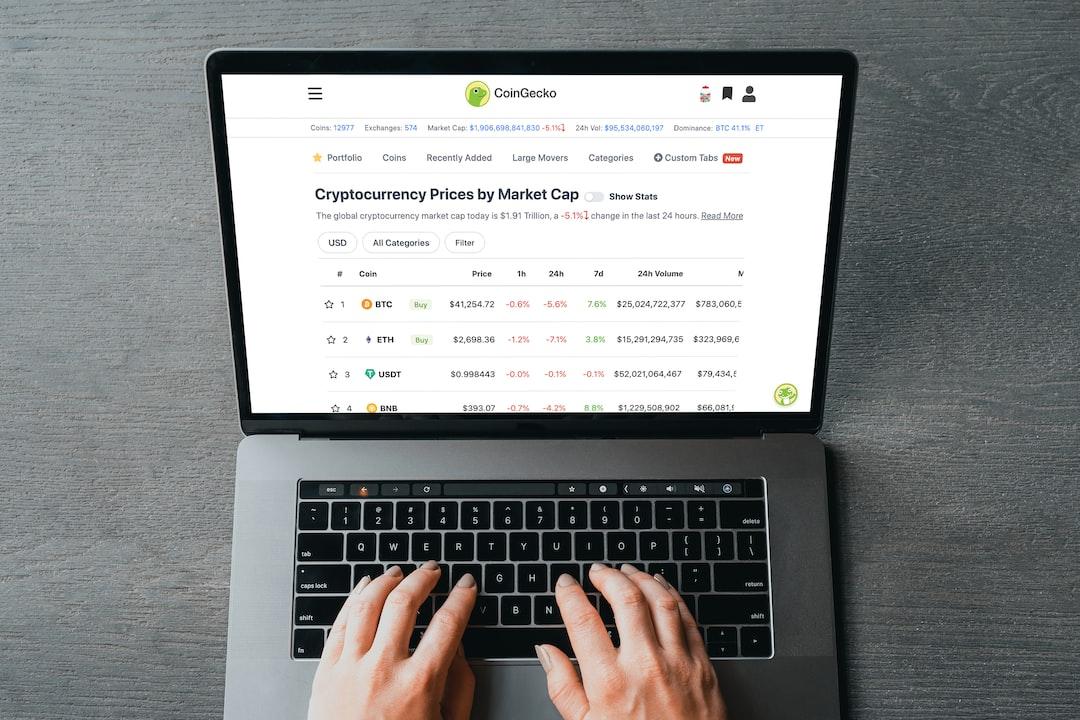Danish regulators have refuted claims circulating on social media that they were considering banning self-custodial cryptocurrency wallets, also known as non-custodial wallets. Tobias Thygesen, DFSA’s director for fintech, payments services, and governance, clarified that there is no intention to ban hardware wallets and other non-custodial wallets.
The Danish Financial Supervisory Authority (DFSA) confirmed that self-custodial wallets are not subject to MiCA by nature. The assessment came in response to the Markets in Crypto-Assets (MiCA) Regulation, which took effect on June 30. The DFSA’s assessment set out principles to tackle challenges in regulating decentralized crypto asset services.
According to Thygesen, MiCA explicitly exempts crypto asset services that are provided in a fully decentralized manner without any intermediary. For a service to be regulated under MiCA, it must not be fully decentralized and should engage in activities listed in Article 3(16) of MiCA, such as crypto custody and trading.
Mikko Ohtamaa, co-founder of algorithmic investment protocol Trading Strategy, misinterpreted the assessment and wrongly concluded that DFSA wanted to stop offering self-custodial wallets in Denmark. However, this was not the case.
Self-custodial wallets are a method of storing cryptocurrencies like Bitcoin without any intermediary. Users who hold cryptocurrency in a self-custodial wallet have full control over the assets and are responsible for the security and safety of the private key. Unlike custodial wallets, self-custodial wallets typically do not require Know Your Customer (KYC) procedures.
DFSA’s assessment aimed to raise awareness of potential regulatory requirements, especially in cases where software wallets provide integrated interfaces to fully decentralized services. Thygesen highlighted that such integrations could potentially be independently regulated by MiCA if they are not provided in a fully decentralized manner.
In conclusion, the DFSA has clarified that there is no intention to ban self-custodial cryptocurrency wallets in Denmark and that the recent social media reports are false.

